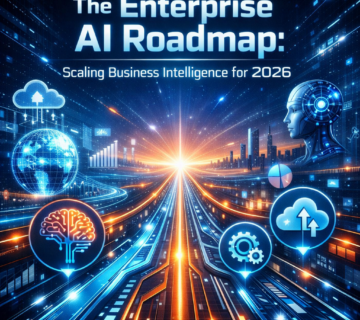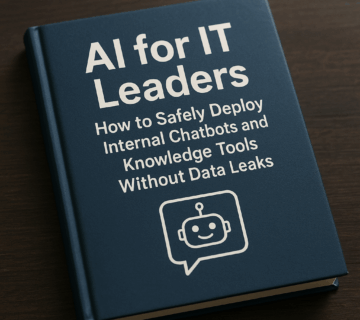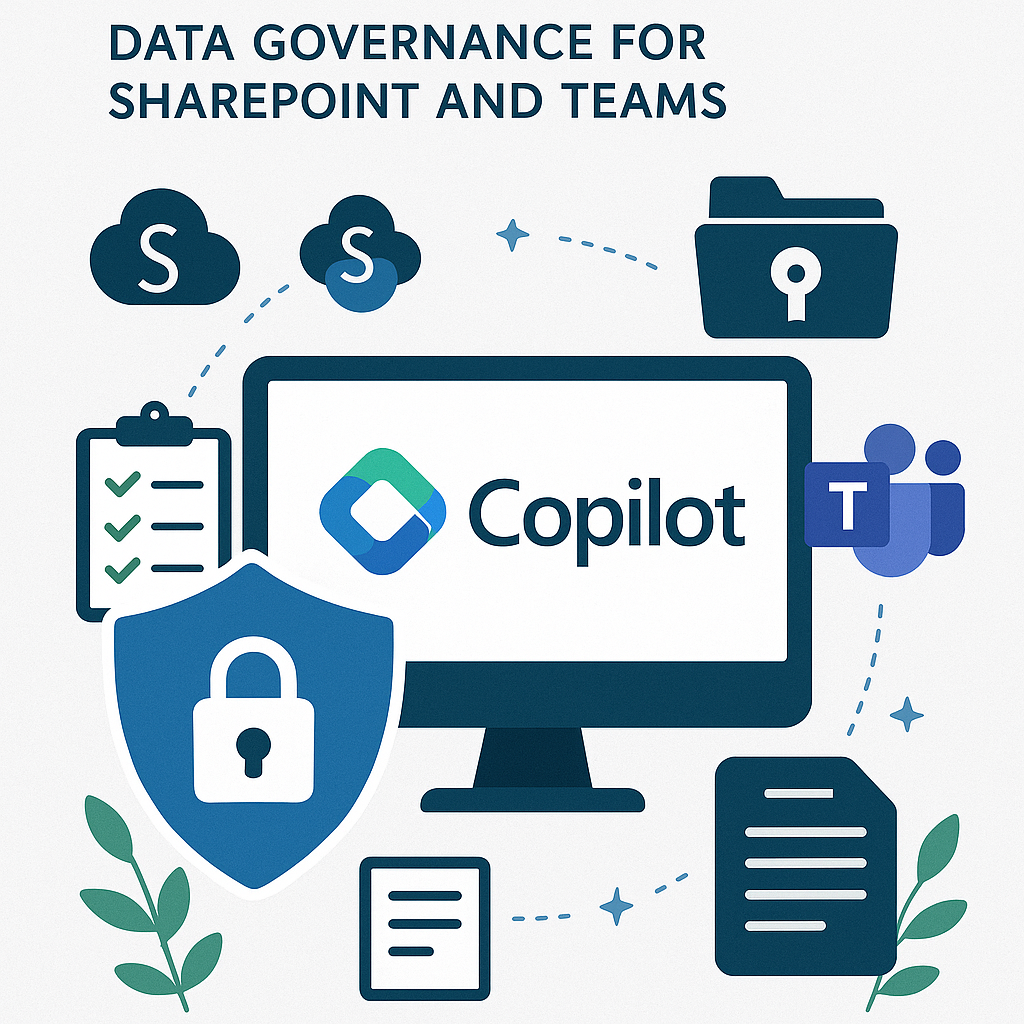
Enterprise AI Guide 2026: How Smart Businesses Are Scaling with Artificial Intelligence
Enterprise AI is no longer just for Fortune 500 companies—by 2026 it’s a competitive advantage for mid-size and large organizations across every industry. This guide explains what enterprise AI really is (and how it differs from consumer AI), why the Enterprise AI Guide 2026 framework helps businesses adopt AI with structure and confidence, and the five pillars required for success: data readiness, use case prioritization, integration, governance/security, and change management. It also highlights high-impact 2026 use cases—customer support automation, predictive analytics, document processing, AI-driven cybersecurity, and productivity tools—plus what Orange County companies must consider around compliance and talent. Finally, it outlines a practical roadmap to get started and how Technijian helps businesses deploy secure, scalable, ROI-focused AI solutions. ... Read More



